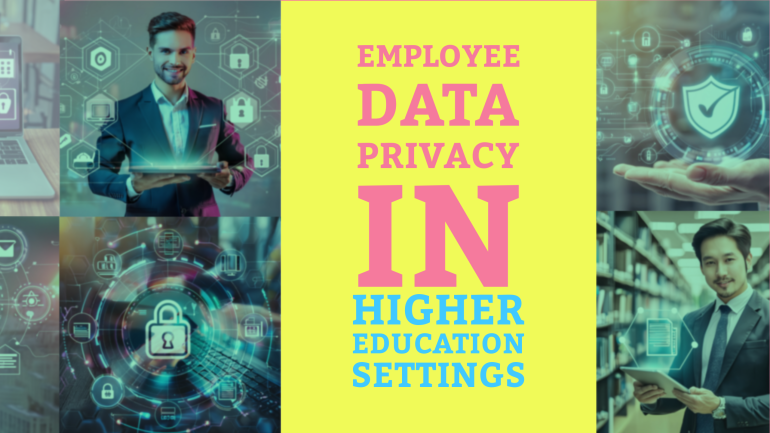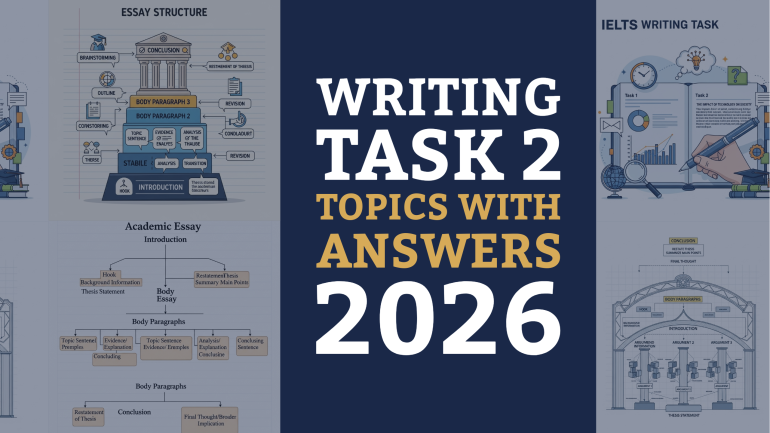Table of Contents
TL;DR: Employee Data Privacy in Higher Education Settings
- Legal Compliance: Higher education institutions must adhere to strict data privacy laws such as FERPA and GDPR to protect employee data.
- Data Security Measures: Implementing robust data security measures is vital to safeguard employee information from breaches or unauthorized access.
- Consent and Transparency: Employees should be informed about the types of data collected, how it will be used, and have the right to consent to its collection and processing.
- Regular Training: Ongoing training for employees on data privacy policies and procedures is crucial to ensure a culture of awareness and compliance.
- Data Retention Policies: Establishing clear guidelines on how long employee data will be retained and when it should be securely disposed of helps minimize data risks.
It’s crucial to address employee data privacy in higher education settings to ensure that sensitive information is protected from potential security breaches. With the increasing reliance on technology and online platforms for administrative tasks and communication, universities and colleges must implement secure data protection measures to safeguard employee information. This blog post will research into the importance of employee data privacy in higher education, the potential risks associated with data breaches, and the best practices that institutions can implement to protect employee data.
Legal Frameworks and Compliance
Federal Laws Governing Privacy in Higher Education
One of the primary federal laws that govern privacy in higher education settings is the Family Educational Rights and Privacy Act (FERPA). FERPA ensures the privacy of student education records and requires institutions to protect the confidentiality of these records. Another important law is the Health Insurance Portability and Accountability Act (HIPAA), which applies to health records maintained by universities and colleges.
State and Local Regulations
Education institutions in higher education settings must also adhere to state and local regulations regarding data privacy. These regulations may vary state by state, but they often complement federal laws such as FERPA and HIPAA. It is crucial for institutions to be aware of and comply with these additional regulations to ensure comprehensive protection of employee data privacy.
Data Collection and Use in Higher Education Institutions
Types of Employee Data Collected
Any higher education institution collects various types of employee data for administrative and academic purposes. This data includes personal information such as names, addresses, phone numbers, and email addresses. Additionally, sensitive data like Social Security numbers, bank account details, academic records, and performance evaluations are also gathered. Monitoring data such as computer and internet usage, clock-in and clock-out times, as well as security access logs are recorded for security and accountability purposes.
Thou it is crucial to handle all employee data with the utmost care to maintain their privacy and comply with regulatory requirements.
| Personal Information | Sensitive Data |
| Monitoring Data | Financial Information |
| Academic Records | Performance Evaluations |
Ethical Considerations and Use of Data
Employee data privacy is a critical ethical consideration in higher education institutions. The use of data must be in compliance with privacy laws and regulations to protect employees’ rights. It is necessary to obtain consent from employees before collecting any personal or sensitive information and to ensure that data is stored securely to prevent unauthorized access. Regular reviews and audits of data handling practices should be conducted to maintain transparency and accountability in the use of employee data.
Collection, use, and sharing of employee data must be done with a clear purpose and strict access controls to prevent misuse or data breaches. Employees should be informed about the type of data collected, how it will be used, and their rights regarding their personal information. Failure to adhere to ethical standards in data handling can lead to serious consequences such as legal liabilities, loss of trust, and damage to the institution’s reputation.
Best Practices in Protecting Employee Data
Data Security Measures
For ensuring the protection of employee data, institutions must implement robust data security measures. This includes encryption of sensitive information, regular monitoring of system access, and firewalls to prevent unauthorized access.
Training and Awareness Programs
Security of employee data can be significantly enhanced through training and awareness programs within the organization. Such programs should educate employees about data privacy policies, safe data handling practices, and the importance of reporting any suspicious activity.
The creation of a culture of data security awareness among employees is crucial in preventing data breaches. Regular training sessions, simulated phishing exercises, and up-to-date information on emerging threats can empower employees to be vigilant and proactive in safeguarding sensitive data.
Challenges and Future Outlook
Technological Advancements and Privacy
Unlike other sectors, higher education institutions face unique challenges when it comes to protecting employee data privacy due to the constant influx of technological advancements. The increasing use of cloud storage, data analytics tools, and mobile devices in educational settings has made it more challenging to safeguard sensitive information.
Balancing Transparency with Confidentiality
For institutions in the higher education sector, balancing transparency with confidentiality is a delicate task. While there is a growing demand for transparency in how employee data is collected and used, maintaining confidentiality is paramount to protect personal information. Striking the right equilibrium between these two aspects is crucial for upholding trust and compliance.
Plus, it is important for higher education institutions to prioritize regular data security training for employees and implement strict access controls to prevent unauthorized access to sensitive employee information. Failure to address these issues adequately can lead to severe consequences, including breaches of privacy and legal repercussions.
Final Thoughts on Employee Data Privacy in Higher Education Settings
Despite the advancements in technology and the benefits it brings to higher education settings, employee data privacy remains a critical concern that cannot be overlooked. Universities and colleges handle a vast amount of sensitive information on their staff, including personal details, financial records, and possibly even medical data. It is imperative that institutions prioritize the protection of this data to maintain trust and credibility.
One of the most important aspects of safeguarding employee data privacy is implementing robust security measures. This includes encryption, regular security audits, employee training on data protection best practices, and strict access controls. A breach in employee data can not only result in financial loss but also damage the institution’s reputation irreparably.
It is crucial for higher education institutions to stay updated on the latest data privacy laws and regulations. Compliance with laws such as the General Data Protection Regulation (GDPR) and the Family Educational Rights and Privacy Act (FERPA) is non-negotiable. Failure to comply can lead to severe legal consequences and financial penalties.
On a positive note, investing in employee data privacy not only protects the staff but also builds a culture of trust within the institution. Employees are more likely to be productive and loyal when they feel their data is secure and respected. This, in turn, contributes to a positive work environment and ultimately enhances the institution’s overall performance.
Hence, employee data privacy should be a top priority for higher education settings. By implementing robust security measures, staying compliant with regulations, and fostering a culture of trust, institutions can safeguard sensitive information effectively. Keep in mind, the protection of employee data is not just a legal requirement but a fundamental ethical responsibility that should be upheld at all times.
FAQ
Q: What is employee data privacy in higher education settings?
A: Employee data privacy in higher education settings refers to the protection of personal and sensitive information of employees working within educational institutions. This includes data such as social security numbers, financial records, and personal contact information.
Q: Why is employee data privacy important in higher education settings?
A: Employee data privacy is important in higher education settings to ensure that sensitive information remains confidential and secure. It helps in maintaining trust between employees and the institution and also complies with legal regulations regarding data protection.
Q: What are the common threats to employee data privacy in higher education settings?
A: Common threats to employee data privacy in higher education settings include cyber-attacks, unauthorized access to systems, human error, and insufficient data protection measures. These threats can lead to data breaches and compromise the security of employee information.
Q: How can higher education institutions protect employee data privacy?
A: Higher education institutions can protect employee data privacy by implementing strong data security policies, conducting regular security audits, providing employee training on data protection practices, encrypting sensitive information, and restricting access to confidential data.
Q: What are the consequences of a data breach in higher education settings?
A: The consequences of a data breach in higher education settings can include financial losses, reputational damage, legal penalties for non-compliance with data protection regulations, identity theft of employees, and loss of trust among employees and students. It is crucial for institutions to take proactive measures to prevent data breaches and safeguard employee data privacy.





